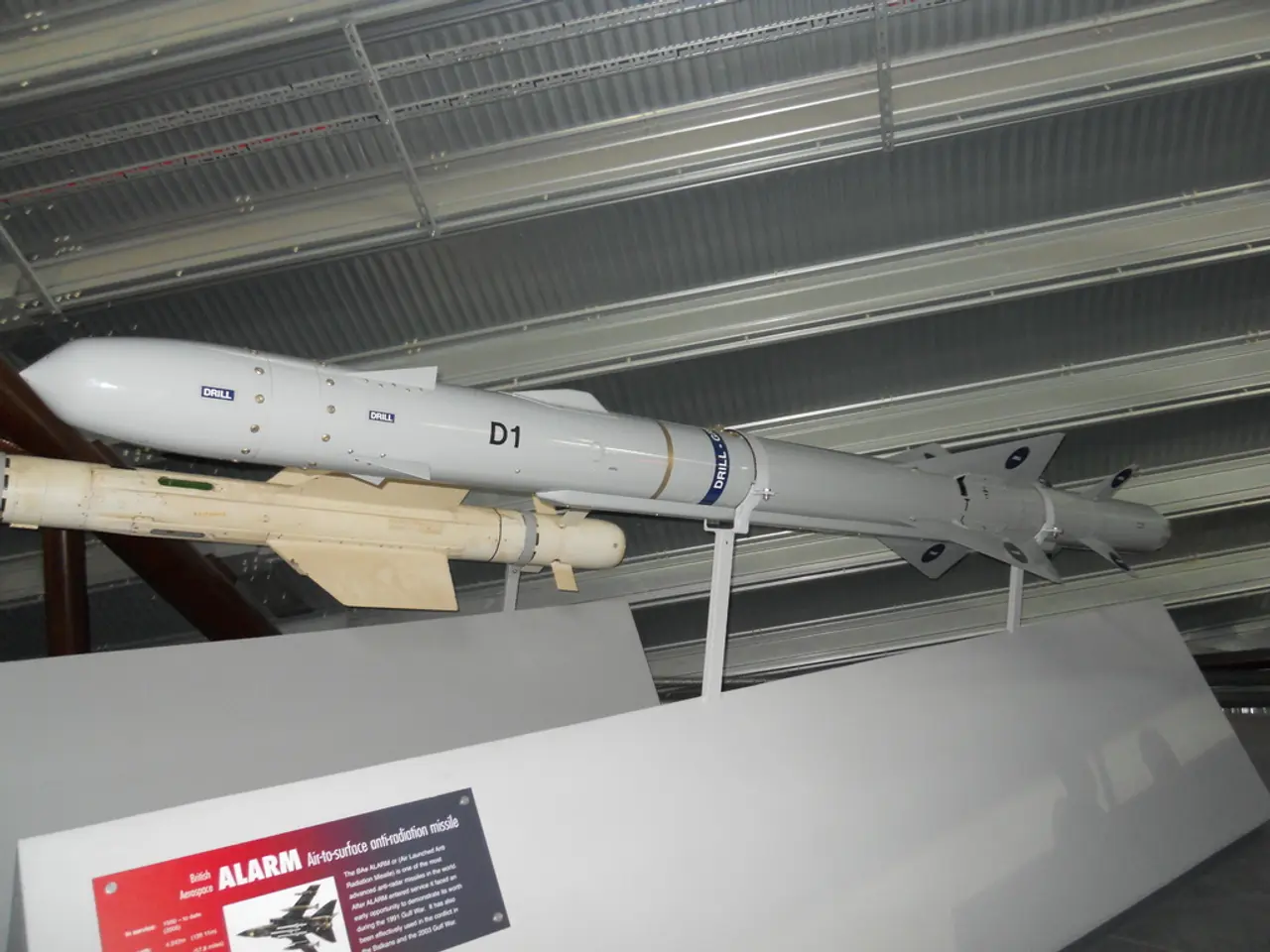Global AI Market Tremors as Baidu Unveils Open-Source Ernie AI Model
In a bold move that could shake up the AI industry, Chinese technology giant Baidu has announced the open-sourcing of its Ernie generative AI large language model. This decision, seen as a significant breakthrough in the AI race, follows DeepSeek's launch earlier this year.
Alex Strasmore, founder of AI-driven media agency Epic Loot, has labelled Baidu's move as a "bold challenge" to market leaders like OpenAI and Anthropic. By open-sourcing Ernie 4.5 under the Apache 2.0 license and releasing development toolkits alongside it, Baidu is commoditizing high-performance AI technology, potentially reshaping the AI market dynamics.
According to experts, this move could catalyse a price war and market democratization. The industry may shift from a focus on competition based purely on performance towards one of pricing and accessibility, making advanced AI more affordable and accessible for startups and smaller developers worldwide.
Baidu's decision also challenges Western AI leaders by providing a high-quality, multimodal large language model that rivals or exceeds the performance of larger proprietary models at much lower costs. This shift could weaken the dominance of closed-source AI ecosystems and force competitors to reconsider their pricing strategies and business models.
The open-source release of Ernie 4.5 also promotes Baidu's own PaddlePaddle deep learning framework, enhancing its global appeal and adoption. This could establish PaddlePaddle as a foundational development framework, driving innovation and long-term profitability through ecosystem growth rather than direct licensing revenue.
However, the open-source move raises questions about trust and security, especially regarding Chinese-origin technology. Some global players remain cautious due to geopolitical and data privacy concerns, which might influence adoption in certain markets despite the technical merits of Ernie.
Meanwhile, OpenAI's anticipated open-source AI model release, delayed earlier this month, stands in stark contrast to Baidu's decision. While the reasons for the delay are unclear, the delay highlights a growing divide in the industry's approach to accessibility and innovation.
Sean Ren, an associate professor of computer science at the University of Southern California and Samsung's AI Researcher of the Year, stated that Baidu's move raises the bar for the entire industry. Ren noted that most consumers prioritise lower costs, enhanced performance, and support tailored to their language or region, advantages often delivered by open models.
As the AI landscape evolves, the open-source Ernie AI model from Baidu could significantly disrupt the competitive landscape in both the U.S. and China, particularly by challenging existing pricing models. The forthcoming launch of OpenAI's open-source AI model is anticipated to rival the "reasoning" abilities of OpenAI's proprietary o-series models, aiming to establish a new standard in open AI capabilities.
In summary, Baidu's open-source release of Ernie 4.5 is poised to disrupt the global AI landscape by lowering cost barriers, increasing competition, and shifting the market towards open ecosystems. This could accelerate innovation and democratize access to powerful AI tools but may also introduce new challenges related to trust and security in international markets.
- Alex Strasmore, founder of AI-driven media agency Epic Loot, deemed Baidu's open-sourcing of Ernie 4.5 as a "bold challenge" to market leaders like OpenAI and Anthropic, as it could reshape the technology scene and AI market dynamics by promoting the use of low-cost, high-performance AI technology.
- The anticipated open-source release of an AI model by OpenAI, competitor to Baidu's Ernie, aims to rival the "reasoning" abilities of OpenAI's proprietary o-series models and establish a new standard in open AI capabilities, furthering the competition in the AI market on the grounds of pricing, performance, and regional tailoring.




